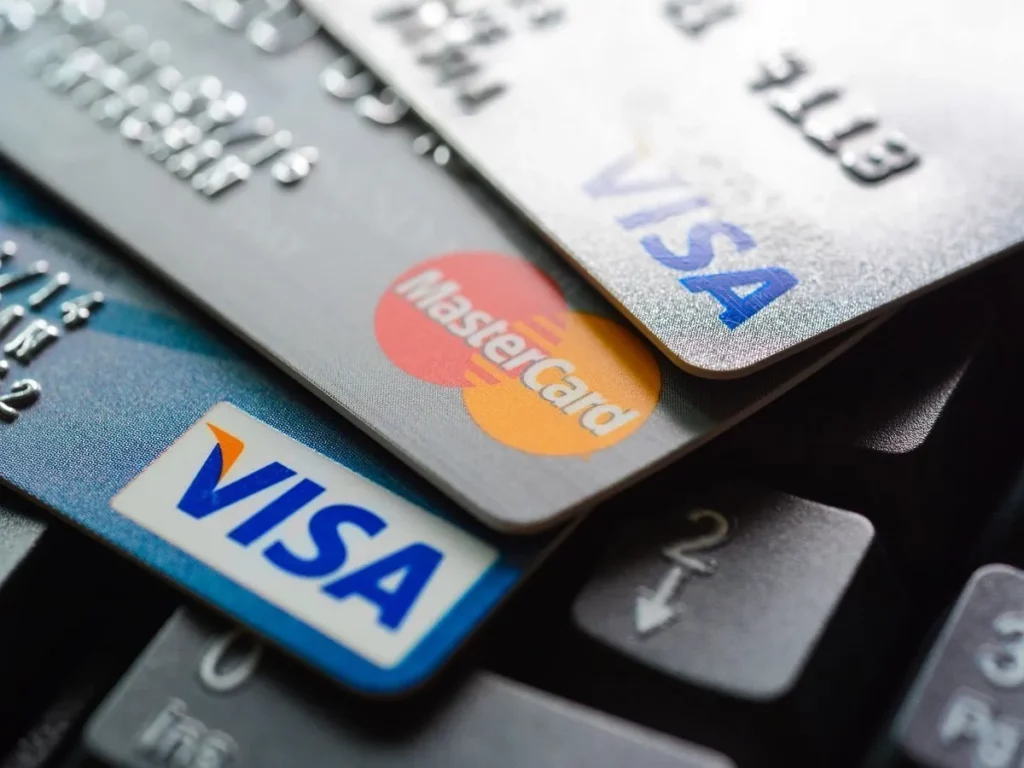Credit cards are popular payment cards that have promptly provided the population with an attractive payment method over regular cash. The switch to cashless transactions is slowly becoming the norm as every industry emphasizes it.
Cashless payment methods, like credit cards, bring along great convenience and lessen the chance of losing money in instances of pickpocketing or carelessness. Their functionality is electronically secured, so the owner can instantly block a card if they believe it has been stolen or some unauthorized entity is using it. Additionally, multiple rewards are associated with being a responsible and active credit card user. Users can avail of discounts, cashback, or points while strengthening their credit score if they make all the due payments on time. A credit card holder is likely well aware that a good credit score can have numerous benefits, including easy qualification for loans.
Despite having complete awareness of these benefits, many fail to comply with necessary security measures to safeguard credit card owners from fraud and theft. Let’s take a look at what these suggestions are.
- Set up a strong password: No matter how often somebody is reminded to set up strong passwords, some fail to obey this every time. They mask it behind reasons like terrible memory and inability to retain sophisticated details like complex passwords. That’s fair, but it’s not an excuse to jeopardize your security. Ideally, a strong password should combine uppercase letters, lowercase letters, numbers, and special characters. While it’s not advisable to use obvious details like your name, your pet’s name, or your birthdate as your password, you can tweak it a little bit and insert an unparsable combination of all characters. In this way, even a person with a bad retention ability can remember their passcodes.
- Change the passcode/password often: There’s no doubt that remembering complex passwords can demand a lot of brainpower. Getting a password in your head definitely takes a lot of time. But there’s no reasonable excuse not to change the password often when your money is at stake. While the interpretation of often can vary from person to person, ideally, you should change your password every month or every two weeks. Ideally, change the passcode after making periodic bill payments, such as, when you do online water bill payment.
- Don’t share sensitive details with anybody: sensitive details like passwords are meant to keep your data encrypted and your safety intact. Be wary of unsolicited calls or emails that demand such details from you. It would be best if you don’t open unauthorized links or download any app that hasn’t been approved by the app or play store. Scammers often mirror the payment platforms and try to gather your card details and passwords. Only make payments, such as online recharge and money transfer, through a trusted mobile banking platform.
- Check your credit report periodically: Even when you haven’t used your card in a while, don’t be mistaken that it translates to being free from the responsibility of checking your credit report. Dormant credit cards are more likely to be a victim of unresolved fraud because the owner is likely to miss any suspicious activity. Always monitor your report regularly for any suspicious activity and immediately report any errors or fraud.
- Upgrade to a different service provider: Some credit card issuers often have virtual card numbers and security chips that provide an extra layer of protection against fraudulent activities. If your current credit card provider doesn’t offer such shields, maybe it’s time to upgrade.
- Don’t save your card details on your browser: When making online transactions, for instance, when you pay electricity bill or shop online, ensure that you’ve disabled access to any cookies that may be intrusive. Cookies are often used to personalize online shopping experiences as they can remember repetitive details. Sometimes, such information includes passwords. It’s always advisable to disable the access or clear the cache when making an online purchase.
These tips can protect you from credit card fraud and secure your credit card information.






More Stories
Gentle guidance that helps buyers move through each loan stage
Supported Living vs General Needs – Choosing the Right Social Housing Investment Model
Copy your trading strategies live with cloud technology